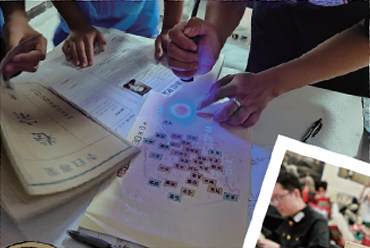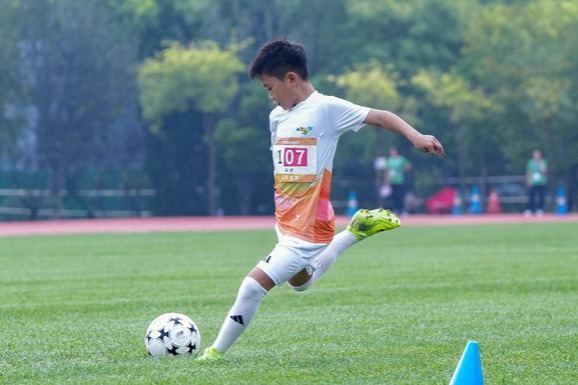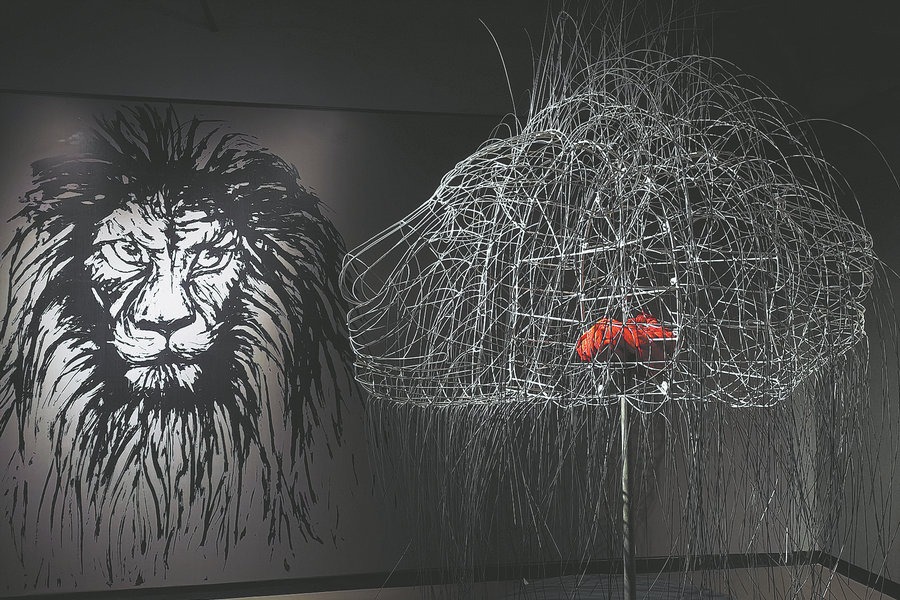Solve history's hidden mysteries


Bring history to life
Xie Feifan, 27, an event organizer at Hongfan and a big fan of scripted games, noted that unlike traditional games, the team's creations are not just for entertainment — they are immersive tools for history education.
According to him, traditional jubensha games typically involve fewer than seven players. Hongfan, however, designs its games for larger groups, ranging from 12 to 48 participants. The mechanics have also been simplified so that each session lasts two to three hours instead of the usual four to six.
"We cater to the general public, not just hardcore fans. We want even first-time participants to jump right in," Xie said.
To further enhance the experience, the games feature period-accurate costumes and props.
In A Pure Love for China, for example, participants wear vintage uniforms, handle replica handguns, and even operate real telegraph machines. Players listen to the beeping of incoming messages and use a codebook to decode their hidden meaning.
"As cultural promoters, we want players to remember the heroes who sacrificed for the life we enjoy today — through engaging, interactive learning," Xie said.
In addition to jubensha, the team also develops board games.
Zhao Mengyi, one of the designers, created Seventeen Heroes, inspired by the 1942 Battle of Huangtian in Guangdong province, where 17 members of the Dongjiang Column, a Communist guerrilla unit, sacrificed their lives to protect civilians.
The game captures the harsh realities of war. Players are divided into different units and must complete tasks such as eliminating enemies, providing cover, and destroying secret documents — all under strict time limits.
"Just like on a real battlefield, the enemy doesn't wait while you plan," Zhao said. "This fast-paced, decision-driven environment helps young players understand the intelligence, courage, and hardships of those who fought before them."




































